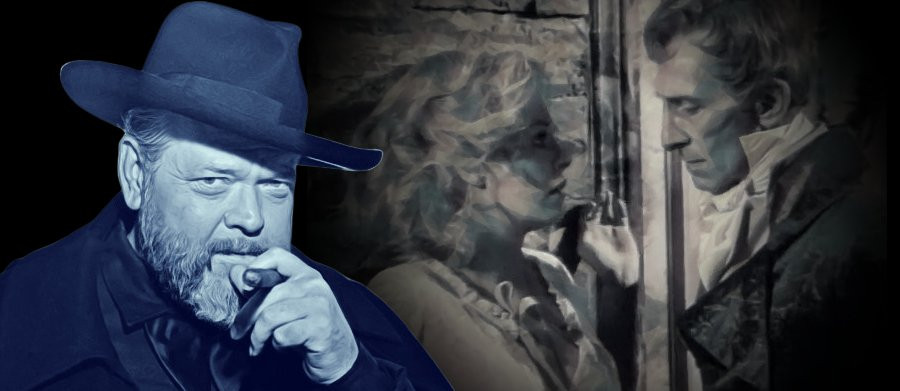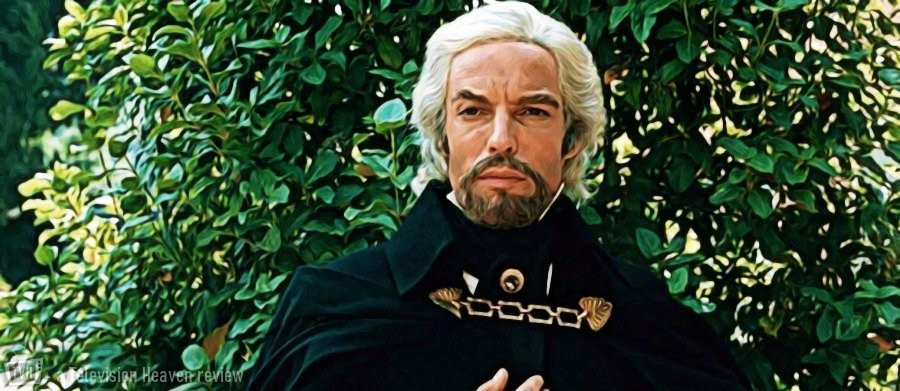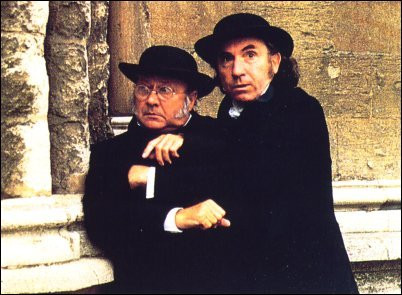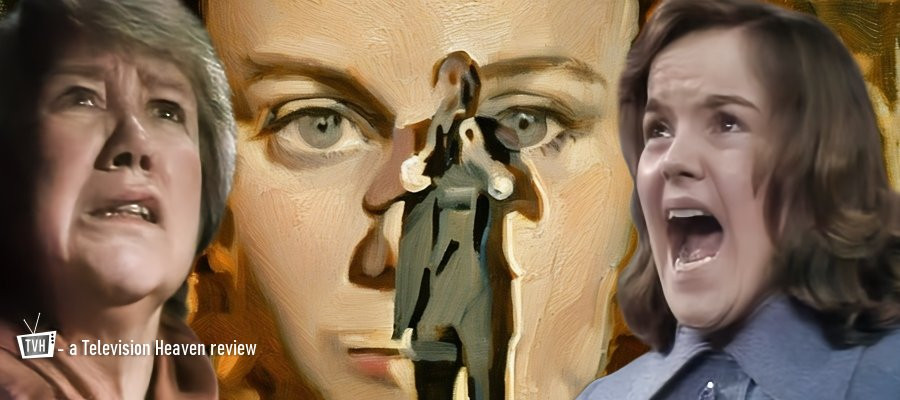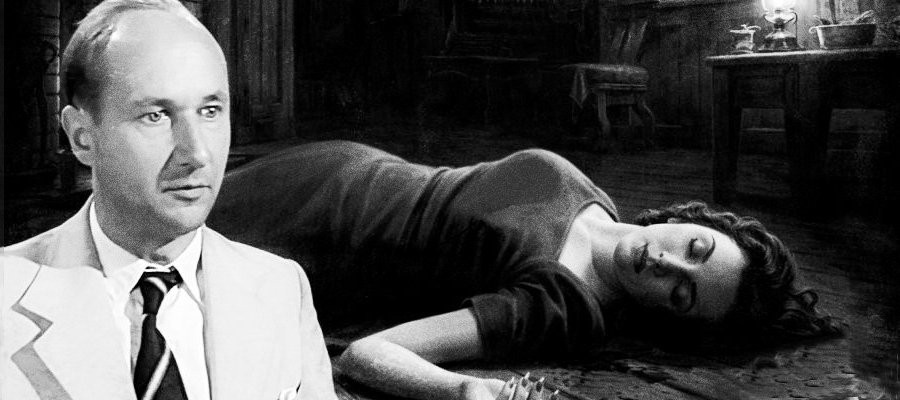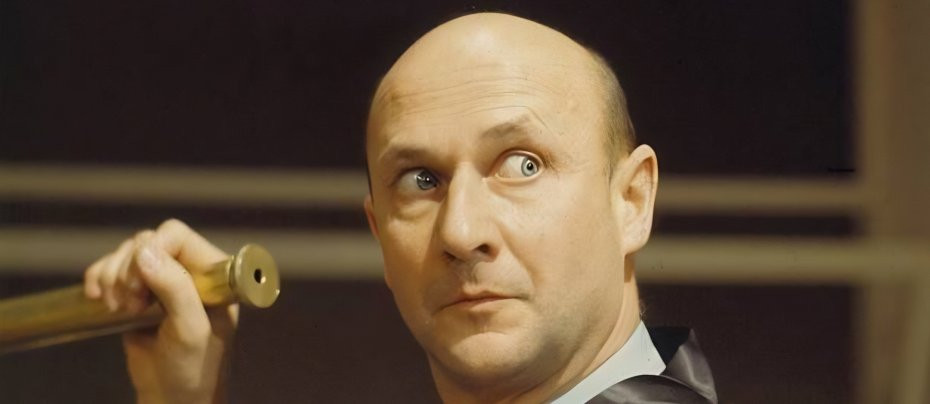
Donald Pleasence
His Piercing blue eyes and an unnerving presence made poor roles better
Donald Pleasence tribute by Brian Slade
If an actor achieves an element of immortality from his portrayal of a bad guy in a major movie franchise, you would think that he crossed the divide between often recognised but rarely top of the bill character actor, to full blown star. One man achieved instant notoriety in such a way, pitting his wits so memorably against Sean Connery’s James Bond in You Only Live Twice – but this fine actor remains pigeonholed as one of television’s character actors. That man was Donald Pleasence.
Donald Pleasence was born in Worksop in 1919. His childhood was not one of theatre and the arts – his father was a stationmaster, meaning young Donald spent most of his childhood living in an array of different railway stations around the north of England, changing his school each time. Despite expressing a desire to act from a very young age and displaying a penchant for performing, he failed with his application to RADA and so found himself following loosely in his father’s footsteps, working in the booking office at Swinton station for British Railways.
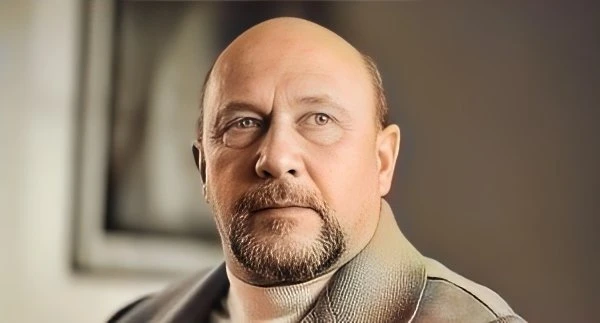
As many did in those days, Pleasence did the hard yards working as an ASM as a route into theatre, starting at the Jersey Playhouse and got his debut in 1939 in Wuthering Heights. Within three years he was appearing in London in Shakespeare, but inevitably the war intervened. For the first six months of his callup he went to the Lake District, having decided to be a conscientious objector, but when he saw the bombing of London, he changed his mind and signed up for the RAF. He was captured when his plane was shot down and he spent his captivity at Stalagluft I where he continued to give vent to his theatrical leanings, entertaining his fellow captives in the infamous POW camp.
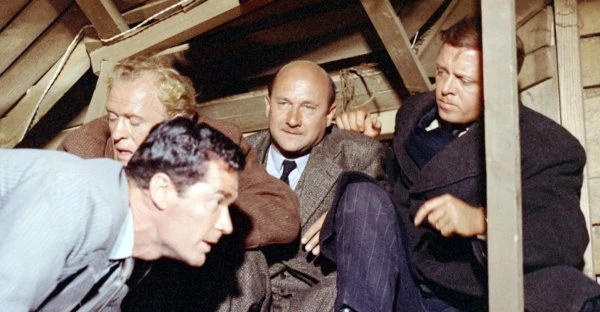
Once back in civilian life, Pleasence continued with stage work alongside a number of screen roles, debuting on the big screen in The Beachcomber in 1954. His stage work saw him tour with Laurence Olivier and Vivienne Leigh, but he found himself struggling to make a huge mark in the industry and took a brief sabbatical. But the greatest success of those post-war years came when he returned to deliver Davies, the tramp in Harold Pinter’s The Caretaker in 1960. The show, particularly Pleasence, was a roaring success, moving from the Arts Theatre and eventually heading to Broadway.
Pleasence’s television appearances were largely restricted in the 1950s to a multitude of support roles in TV movies. The only regular work of that decade came in The Adventures of Robin Hood, starring Richard Greene and regular casting in BBC Sunday-Night Theatre and ITV’s Television Playhouse. That said, he was praised for his appearance in 1984 alongside Peter Cushing in a 1954 production, and in 1960 held the presenting and producing reigns of Armchair Mystery Theatre.
There’s no doubting that the success of his role in The Caretaker changed perceptions of Pleasence. The reliable character actor now had an air of the sinister about his performances and it was reflected in the multitude of roles he took on both big screen and small. He was always wary of the risk of being out of work, so took pretty much any roles offered. It’s perhaps for this reason that his description as a character actor remains – he admitted to ending counting his screen roles at 200 and finding work in films and programmes of questionable quality.
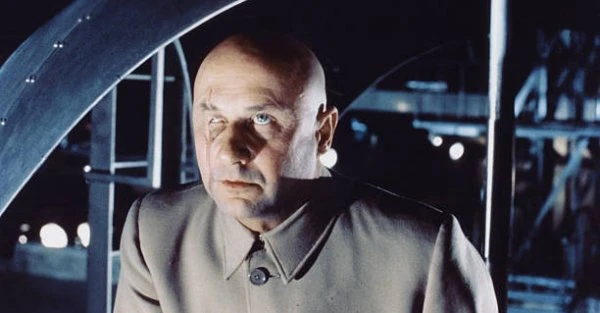
Perhaps the reason for Pleasence’s relentless run of questionable movie roles was down to stage failure. In 1972, Wise Child was taken off from its Broadway run after on three nights, critics savaging the play. Although Donald would return in 1990 to The Caretaker, even at 70 years of age, by then he had chosen the path of movies ahead of other mediums. He worked with some of the industry’s heavyweights including Roman Polanski and Woody Allen, and of course found a horror audience as Dr Loomis in the Halloween franchise. His role as Blofeld in You only Live Twice was of course the inspiration for Dr Evil in the Austin Powers comedy franchise.
Pleasence also had an alternative career as a children’s story writer, penning Scouse the Mouse for release in 1977, which was subsequently adapted into a musical album with Ringo Starr. But it was his sinister screen presence that people will remember. Piercing blue eyes and an unnerving presence made poor roles better, and it’s a shame that he took, by his own admission, too many roles in inferior productions. Had he been more selective, perhaps casting directors would have found more major roles worthy of a gentle man with such an unsettling and villainous screen reputation.
Published on January 17th, 2025. Written by Brian Slade for Television Heaven.


